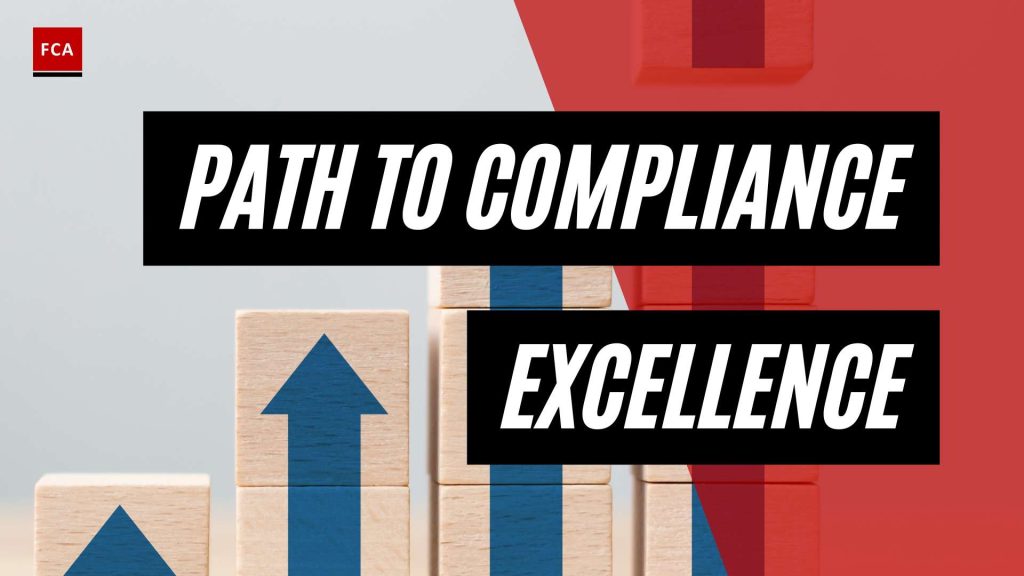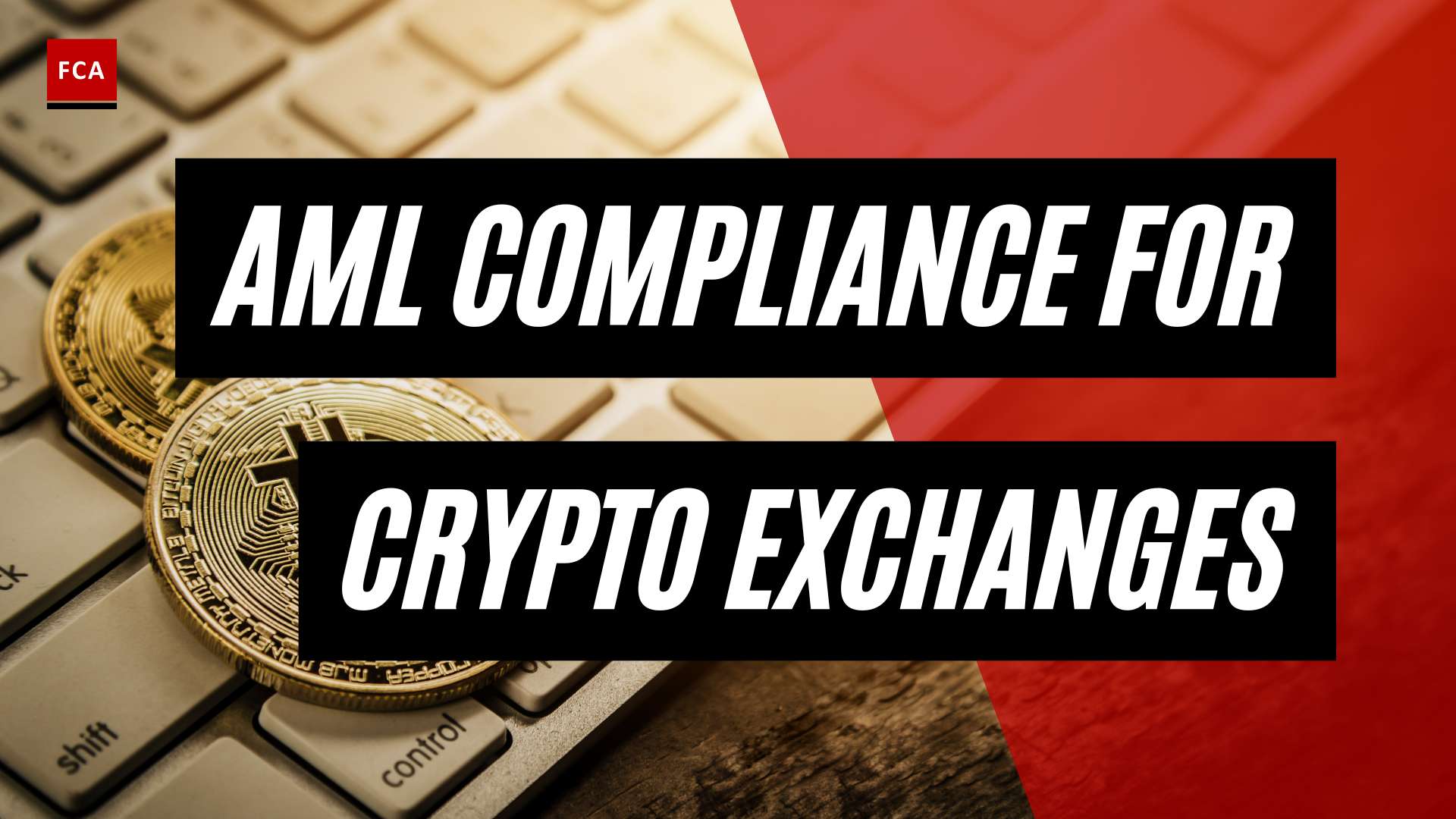AML Certification and Education
When it comes to a career in anti-money laundering (AML) and compliance, obtaining an AML certification is an important step towards professional growth and excellence. AML certification not only validates your knowledge and expertise in the field but also demonstrates your commitment to combatting financial crimes. In this section, we will explore the importance of AML certification and the benefits it can bring to your career.
The Importance of AML Certification
AML certification is highly regarded in the financial industry and is recognized by financial institutions, governments, and regulators globally. One prominent certification is the Certified Anti-Money Laundering Professional (CAMP) certification, offered by the Financial Crime Academy (FCA). Possessing an AML certification like CAMP demonstrates your proficiency in detecting and preventing money laundering and terrorist financing activities.
The AML field is constantly evolving, with new money laundering schemes and regulatory requirements emerging regularly. AML certification ensures that professionals stay updated with the latest trends, regulations, and best practices in the industry. It equips individuals with the necessary skills and knowledge to effectively combat money laundering and other financial crimes (IIROC).
By obtaining an AML certification, professionals demonstrate their dedication to maintaining the highest standards of compliance and ethics. It enhances their credibility and provides assurance to employers, clients, and regulators that they possess the necessary expertise to navigate the complex landscape of money laundering and financial crime prevention.
Benefits of AML Certification
Obtaining an AML certification comes with numerous benefits that can positively impact your career.
First and foremost, AML professionals with a certification, such as CAMP, have a competitive edge in the job market. Employers value individuals with recognized certifications, as it showcases their expertise and commitment to the field. A certified AML professional is more likely to be considered for career advancement opportunities, such as senior roles, management positions, and leadership roles within compliance departments.
In addition to career advancement opportunities, AML certification can also lead to higher earning potential. Professionals with a certification earn up to 23% more compared to their non-certified counterparts. This increase in salary is a testament to the value placed on AML certifications in the industry.
Furthermore, AML certification provides access to a vast network of professionals in the field. Professional organizations and certification bodies often offer networking events, conferences, and online platforms where certified professionals can connect, share knowledge, and collaborate. Building connections within the AML community can open doors to new career opportunities, mentorship, and the exchange of best practices.
By investing in AML certification, professionals demonstrate their commitment to maintaining the highest standards of compliance, ethics, and professionalism. It not only enhances their skills and knowledge but also establishes them as trusted experts in the field. As the fight against money laundering and financial crime intensifies, AML certification becomes an essential credential for professionals dedicated to creating a secure and compliant financial system.
AML Certification Options
When pursuing a career in anti-money laundering (AML) and compliance, obtaining the right certification can greatly enhance your professional qualifications. Several certifications are available that cater to different aspects of AML expertise.
CAMP Certification Overview
The Certified Anti-Money Laundering Professional (CAMP) Certification, offered by the Financial Crime Academy (FCA), is widely recognized as a benchmark for AML professionals. This certification validates an individual’s knowledge of AML principles and practices, as well as their ability to effectively mitigate money laundering risks.
To obtain the CAMP Certification, candidates must pass the CAMP examination, which assesses their understanding of AML concepts, regulations, and techniques. The exam covers various topics, including money laundering methods, risk assessment, compliance programs, and regulatory frameworks. For more information on the CAMP Certification process, including requirements and costs, refer to our aml certification requirements article.
Preparing for the AML Certification Exam
To successfully navigate the AML certification exam and demonstrate your expertise in anti-money laundering practices, it’s essential to prepare thoroughly. This section will cover key aspects of exam preparation, including study materials and resources, the CAMP exam structure and format, and tips for exam success.
Study Materials and Resources
When preparing for the AML certification exam, it’s crucial to utilize reliable study materials and resources. The Financial Crime Academy (FCA) offers comprehensive study materials that cover the essential topics needed to succeed in the exam.
The study materials provided by Financial Crime Academy (FCA) cover a range of important topics, such as money laundering risks, compliance standards, sanctions, and more. These resources are designed to enhance your understanding of money laundering schemes, investigations of financial crimes, and AML best practices. By utilizing these study materials, you can gain the knowledge and skills necessary to excel in the AML certification exam.
CAMP Exam Structure and Format
The Certified Anti-Money Laundering Professional (CAMP) certification exam consists of 120 multiple-choice questions, which must be completed within a three and a half hour time frame. The exam evaluates your understanding of money laundering schemes, compliance standards, investigations of financial crimes, and AML best practices.
To pass the CAMP exam, you must achieve a minimum score of 60%. It’s crucial to familiarize yourself with the exam structure and format to ensure you manage your time effectively during the examination. By understanding the number of questions, time allocation, and passing score, you can better plan your approach and increase your chances of success.
Tips for Exam Success
To maximize your chances of success in the AML certification exam, consider the following tips:
- Create a study schedule: Develop a study plan that allocates sufficient time for each topic, allowing for comprehensive coverage of the exam syllabus.
- Utilize practice questions: Practice questions are invaluable for evaluating your knowledge and identifying areas that require further study.
- Focus on key topics: Pay special attention to key topics such as money laundering typologies, customer due diligence, risk assessment, and regulatory frameworks. These areas are often heavily emphasized in the exam.
- Stay updated: Stay informed about the latest AML regulations, industry trends, and emerging risks. This will help you answer questions related to current practices and demonstrate your understanding of the evolving AML landscape.
- Join study groups or forums: Engaging with peers who are also preparing for the AML certification exam can provide additional insights and support. Collaborating and discussing concepts with others can enhance your understanding and reinforce your knowledge.
Remember, exam success primarily relies on thorough preparation and a solid understanding of the AML principles and practices. By utilizing the recommended study materials, familiarizing yourself with the exam structure, and implementing effective study strategies, you can boost your confidence and increase your chances of achieving your AML certification goals.
Continuing Education and Recertification
Once you have obtained your AML certification, it is essential to maintain it by fulfilling continuing education requirements. This ensures that AML professionals stay up-to-date with the latest advancements and regulatory changes in the field. Let’s explore the steps involved in maintaining your AML certification and the continuing education requirements.
Maintaining Your AML Certification
To maintain your AML certification, you will need to go through a recertification process at specific intervals. For example, the Certified Anti-Money Laundering Professional certification, which is one of the most recognized certifications in the field, requires recertification every three years. During this process, you will need to demonstrate that you have kept your knowledge and skills up-to-date in anti-money laundering practices and regulations.
Advancing Your AML Career
Achieving AML certification opens up a world of career opportunities for professionals in compliance, risk management, anti-money laundering (AML), and anti-financial crime. With the demand for AML professionals on the rise, holding a recognized certification can significantly enhance your career prospects and earning potential.
Career Opportunities with AML Certification
Obtaining an AML certification, such as the Certified Anti-Money Laundering Professional (CAMP) certification, can open doors to a wide range of career opportunities. AML professionals are in high demand across various sectors, including banking, financial services, government agencies, consulting firms, and more. With the increasing focus on regulatory compliance and the need to combat money laundering and terrorist financing, organizations are seeking skilled professionals who possess the knowledge and expertise to navigate complex AML challenges.
By obtaining an AML certification, you demonstrate your commitment to staying updated with the latest industry regulations and best practices. This commitment can set you apart from non-certified professionals and position you for roles such as AML analyst, compliance officer, AML investigator, risk manager, or AML program manager.
Salary Potential with AML Certification
Holding an AML certification can also have a positive impact on your salary potential. This significant salary difference reflects the value that employers place on certified individuals who possess the knowledge and skills necessary to effectively combat money laundering and financial crimes.
The CAMP certification, recognized globally by financial institutions, governments, and regulators, is highly sought after in the industry. It demonstrates your expertise in AML compliance and your dedication to maintaining the highest professional standards. By investing in your AML education and obtaining a recognized certification, you can position yourself for career advancement and potentially higher earning potential.
It’s important to note that while certification can enhance your career prospects and earning potential, professional experience and continuous learning are also important factors in advancing your AML career. By staying up-to-date with the latest industry developments, networking with other professionals, and seeking opportunities for professional growth, you can further enhance your expertise and increase your value in the job market.
In summary, obtaining an AML certification can open doors to a variety of career opportunities and potentially increase your earning potential. By demonstrating your expertise in AML compliance, you can position yourself as a valuable asset to organizations seeking professionals who can effectively navigate the complex world of financial crime prevention. Whether you pursue the CAMP certification or other recognized AML certifications, investing in your AML education can set you on a path to compliance excellence and career advancement.
AML Certification in Canada
Canada’s AML/ATF Regime
Canada has implemented a robust Anti-Money Laundering and Anti-Terrorist Financing (AML/ATF) Regime to safeguard the integrity of its financial system and combat money laundering, terrorist financing, and other criminal financial activities. The regime aims to deter individuals from using Canada’s financial system for illicit purposes while providing financial intelligence to support law enforcement and national security efforts to detect and disrupt criminal and terrorist activities. The regime is governed by the Proceeds of Crime (Money Laundering) and Terrorist Financing Act (PCMLTFA) (Canada.ca).
Canada works closely with international organizations and key allies, such as the Financial Action Task Force (FATF), FATF-Style Regional Bodies (FSRBs), and the Egmont Group of Financial Intelligence Units (FIUs), to effectively address the evolving security threats related to money laundering and terrorist financing (Canada.ca).
The National Inherent Risk Assessment (NIRA) is a comprehensive assessment of money laundering and terrorist financing risks faced by specific sectors and products in Canada. The 2023 NIRA identified the largest money laundering risks in Canada as illicit drug trafficking, various types of fraud, and third-party money laundering. The largest terrorist financing threats are from Hizballah and Al-Shabaab (Canada.ca).
AML Certification in the Canadian Financial Sector
In Canada, over 24,000 financial institutions and designated non-financial businesses and professions have reporting obligations under the PCMLTFA. These entities play a critical role in preventing and detecting money laundering and terrorist financing activities. AML certification is highly valued in the Canadian financial sector, as it demonstrates a commitment to compliance and expertise in AML/ATF practices.
Professionals seeking AML certification can pursue various recognized programs, such as the Certified Anti-Money Laundering Professional (CAMP) certification. A CAMP certification is widely recognized and respected in the industry. It equips professionals with the knowledge and skills necessary to effectively mitigate money laundering risks and ensure compliance with AML laws and regulations.
By obtaining an AML certification, professionals in the Canadian financial sector can enhance their career prospects and open up opportunities for advancement.
To learn more about AML certification programs and their benefits, you can refer to our section on Recognized AML Certification Programs. Investing in AML education and certification can help professionals stay up-to-date with the latest industry regulations and best practices, ensuring a strong foundation for compliance excellence in the Canadian financial sector.
When it comes to pursuing an AML certification, it’s important to choose a program that is recognized and respected in the industry.








